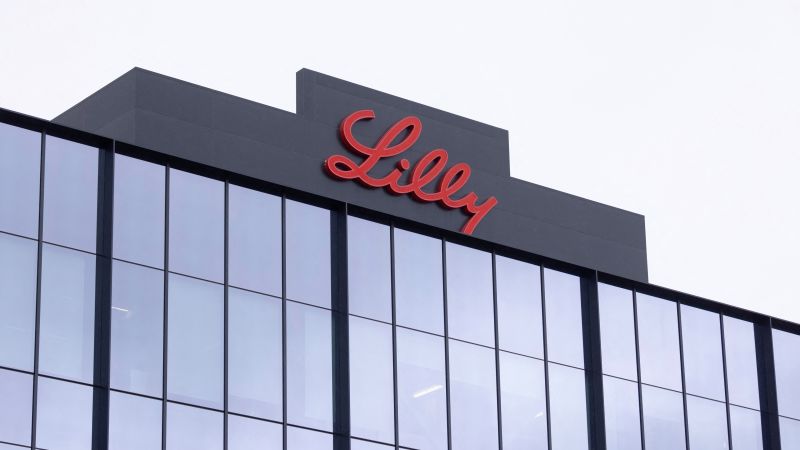Lilly, a pharmaceutical giant, follows Novo Nordisk’s lead, amplifying its manufacturing network to meet the projected surge in demand for diabetes and obesity drugs
New Facility in Alzey, Germany: Elevating Diabetes and Obesity Drugs and Device Production
Eli Lilly confirms a hefty $2.5 billion investment for a cutting-edge facility in Alzey, Germany. This facility is slated to manufacture injectable diabetes and obesity drugs and devices, catering to the production of key products like Trulicity (dulaglutide), a GLP-1 agonist, and Mounjaro (tirzepatide), a dual GIP/GLP-1 agonist for diabetes. Additionally, it will support the production of the newly approved obesity therapy, Zepbound (tirzepatide).
Tip: Please fill out the form if you or a friend would like more information on continuous glucose monitors.
Much like Novo Nordisk’s successful semaglutide-based therapies, Ozempic and Wegovy, Lilly faces burgeoning demand that surpasses its current supply capacity. This significant investment decision mirrors Novo Nordisk’s $6 billion manufacturing expansion announced earlier this month, primarily focused on a site in Denmark.
Read Guide about Wegovy Dosage Guide: The Best Way For Weight Loss
Market Demand and Sales Performance
Trulicity reported sales of $5.46 billion in the initial nine months of 2023, marking a marginal decline compared to the same period in 2022.
Lilly attributes this downturn to shortages and intensified competition in the market. Conversely, Mounjaro’s sales skyrocketed to nearly $3 billion from approximately $200 million in the previous year, driven by restricted supplies, especially outside the US.
These drugs are highly sought-after for their efficacy in aiding weight loss, elevating market expectations and posing potential challenges to health systems due to their growing popularity.
Analyst Predictions and Paradigm Shift
Analysts at JP Morgan have revised their estimations for this drug class, projecting a whopping $71 billion market size within the next decade. They foresee Novo Nordisk and Lilly capturing 45% each, underlining a transformative “weight-centric” treatment approach reshaping obesity and cardiovascular disease management.
Must Read CGMs in noncritical care hospitals optimizes glycemic control
Expanding Capacities and Future Plans
Lilly aims to double its capacity for producing autoinjector devices used in these products before the year ends, with ongoing investment projects in North Carolina and Indiana, USA. However, the new German facility, scheduled for operation by 2027, is a forward-looking move.
Upon commencement, the Alzey plant plans to employ approximately 1,000 highly skilled professionals, including engineers, operators, and scientists. The construction phase, anticipated to commence next year, is expected to create jobs for another 1,900 individuals.
Also, read about Apple’s Research on Diabetes, Activity and Menstrual Cycles
Contingencies and Endorsements
Lilly’s investment in Alzey awaits finalization pending government and local approvals. Dr. Robert Habeck is the Vice Chancellor of Germany as well as the Federal Minister for Economic Affairs and Climate Action, has already shown support, emphasizing the significance of this investment in bolstering Germany’s pharmaceutical and industrial prominence.
Additionally, Lilly’s commitment extends to boosting its presence in Germany’s early-stage biotech ecosystem with an investment of up to $100 million.


